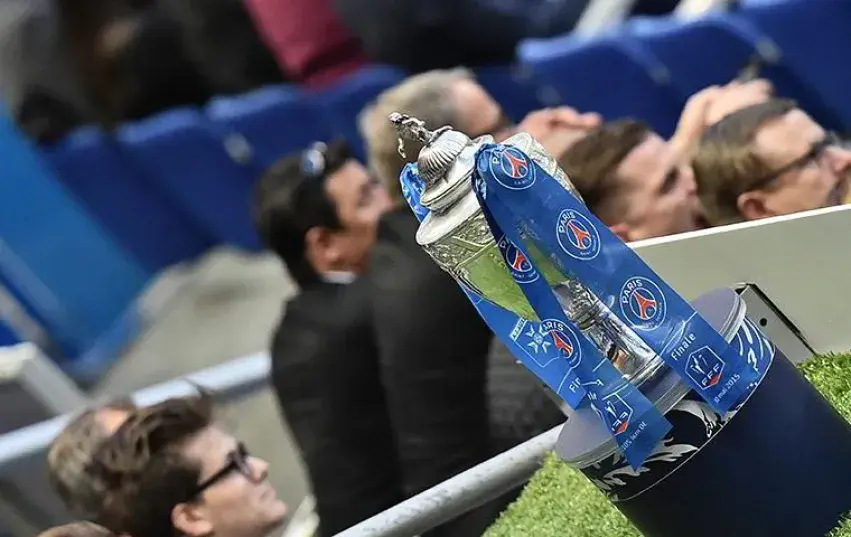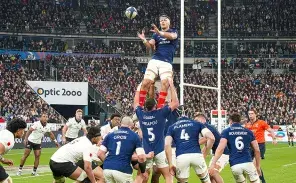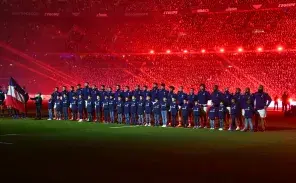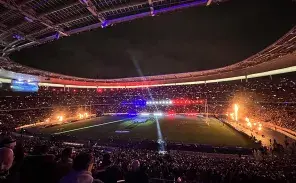What types of teams qualify for the French Cup final?

What types of teams qualify for the French Cup final?
The Coupe de France is one of the major events in French football. Every season, clubs from all divisions, amateur and professional alike, take part in this prestigious competition, where they face each other in a single-elimination format. The final, played at the Stade de France, pits the two teams that have made it through all the previous rounds against each other. But who reaches this final stage? Let's take a closer look.
Summary
- The road to the final: from the group stages to the play-offs
- Profiles of the qualifying clubs
- Qualification criteria for the final
- Recent notable examples
- What should we take away from this?
The road to the final: from the group stages to the play-offs
The Coupe de France consists of multiple stages: ten or eleven rounds up to the round of 32, followed by the round of 16, quarter-finals, semi-finals and finally the grand final. Amateur clubs enter in the early rounds, divided according to their regional league. Clubs from National 3, then National 2, National, and finally Ligue 2 and Ligue 1 gradually join the competition. Some even have to go through play-offs (matches between two teams to decide between them in the event of a tie) to reach the higher rounds. This structure offers real diversity and creates opportunities for all levels.
Profiles of the qualified clubs
As the matches progress, the teams that qualify for the final rounds come from a variety of backgrounds:
- Ligue 1 clubs are frequently present in the final rounds. PSG is the most successful club, with numerous appearances in the final.
- Ligue 2 clubs can also reach the final, especially when they have a good season and benefit from a favourable draw.
- Teams playing in the lower divisions sometimes pull off upsets. We remember Calais (CFA) in 2000 or, more recently, Annecy and Versailles. These inspiring journeys add charm to the competition.
These different categories of clubs contribute to the richness of the Coupe de France and prove that French football is alive and well at all levels.
Qualification criteria for the final
To qualify for the final, a team must:
- Maintain optimal physical condition throughout the matches.
- Maintain team spirit to promote communication between players and coordinate play during the competition.
- Score more goals than their opponents to win all matches and win the final.
Qualification therefore depends as much on strategy as on team management and the ability to adapt. The last final, played at the Stade Pierre-Mauroy due to renovations at the Stade de France, saw Toulouse take on Nantes. Toulouse won in spectacular fashion, triumphing with flying colours.
Notable examples
- In 2023, Toulouse (Ligue 1) defeated Nantes in the final (5-1), securing European qualification.
- In 2024, several lower division clubs, such as Rodez and Annecy, reached the quarter-finals, demonstrating the potential of the underdogs.
- PSG, the most successful club, has often been present in the final stages of the last ten seasons, but has also suffered unexpected eliminations.
- Real Madrid and Arsenal, although foreign clubs, serve as points of comparison for French fans in terms of the intensity of their play and their level.
What should you remember?
- All French clubs can participate, regardless of their level.
- The competition is divided into several phases, leading up to the final.
- Clubs at the bottom of the table can cause upsets, even against the big names.
- PSG remains the most successful club, but other teams are making history.
- The winner qualifies for Europe, which adds an extra incentive.
The Coupe de France perfectly embodies the values of French sport: diversity, commitment and shared passion in stadiums across the country. It is a unique competition, where each season writes a new chapter, full of emotion and twists and turns.







